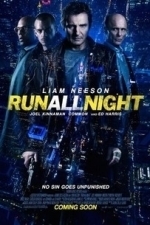Gareth von Kallenbach (980 KP) rated Run All Night (2015) in Movies
Aug 6, 2019
Neeson, Joel Kinnaman and Ed Harris.
Liam Neeson plays Jimmy Conlon, an aging hit man who seems to be trying
to come to terms (and failing) with the bad things that he has done in
his life for Irish Mob boss Shawn Maguire(Ed Harris). Jimmy and his son
Mike (Joel Kinnamen) have no relationship, and Jimmy is alone in the
world except for Shawn.
In a convoluted story line, Shawns son Danny (Boyd Holbrook) tries to
“prove himself” to his father by arranging a deal with some drug running
Albanians, but since Shawn has taken his business away from dealing with
anything to do with drugs because of the people he has lost over that
sort of business, Shawn refuses the deal.
Things quickly head south, and in an even more convoluted story line,
Danny ends up dead, by Jimmys’ hand.
Shawn vows to get even, and the remainder of the movie is spent in car
chases, shoot outs, burning buildings, near escapes, and deaths.
I was pulled into the movie, and found myself caring what happened to
the main characters.
It was rather predictable, in the way that all “Mob” movies are
predictable, with the shooting and car chases etc.
What wasn’t so predictable was the amount of “caring” that Neeson was
able to project and portray and how invested he was able to make me as
an audience member. He played the part of an aging, emotionally and
physically beat down guy, with regrets about his relationship with his
son, trying against all odds to “make it right” this one last time, to
protect his family, at any cost to himself. I was pulling for him to be
able to get it done.
The one part of the movie that i didn’t like was the “swooping” with the
camera angles, when jumping (literally) from one scene or location to
the next in the movie. I found it to be dizzying and I had to close my
eyes until those parts were done.
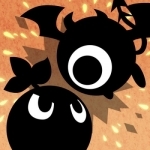
Shadow Land - Endless Tap
Games, Entertainment and Stickers
App
One day, the world suddenly lost its colour… All the colour in the world was taken by a monster...

Putin
Chris Hutchins and Alexander Korobko
Book
Putin is the highly personal biography of Russia's leader - a man many regard as the world's most...
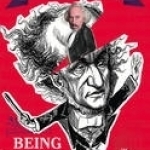
Being Wagner: The Triumph of the Will
Book
Simon Callow plunges headlong into Wagner's world to discover what it was like to be Wagner, and to...
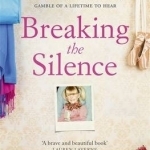
Breaking the Silence: My Journey of Discovery as Transformative Surgery Allowed Me to Hear for the First Time
Book
Imagine for a moment that you have never heard the voices of those you love, the music on the radio,...
Destiny: The Secret Operations of the Yodog Exiles
Koji Takazawa, Patricia G. Steinhoff, Lina Terrell and Ryoko Yamamoto
Book
In 1970, nine members of a Japanese New Left group called the Red Army Faction hijacked a domestic...
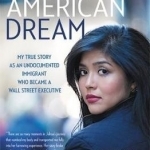
My (Underground) American Dream: My True Story as an Undocumented Immigrant Who Became a Wall Street Executive
Book
What does an undocumented immigrant look like? What kind of family must she come from? How could she...

Decision Quality: Value Creation from Better Business Decisions
Carl Spetzler, Hannah Winter and Jennifer Meyer
Book
Add value with every decision using a simple yet powerful framework Few things are as valuable in...
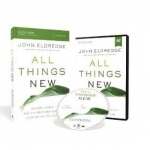
All Things New Study Guide with DVD: A Revolutionary Look at Heaven and the Coming Kingdom
Book
All Things New is a revolutionary four-session video Bible study built on a simple idea: heaven is...
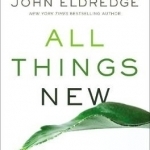
All Things New Study Guide: A Revolutionary Look at Heaven and the Coming Kingdom
Book
All Things New is a revolutionary four-session video Bible study (DVD/digital video sold separately)...
